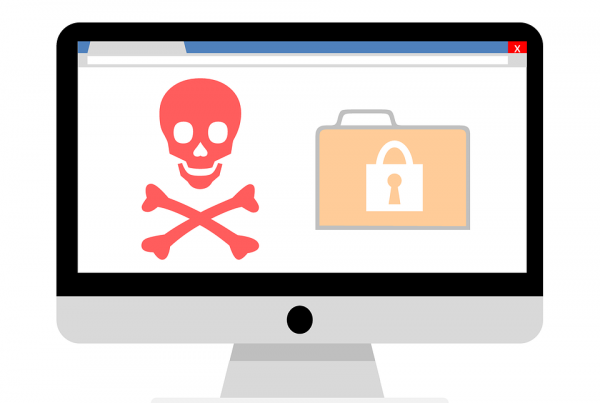The Panda update is an improvement of Google's algorithms that aims to offer more precise search results and exclude those that do not offer added value to users. In 2011 it was applied to all the results in English and in August of that year, to the German-speaking ones. It only affects websites with poor and low-quality content.
goals
Google always tries to offer its users search results relevant with quality content. Actually, this very is the main goal of all search engines. The main goal of the Panda update is to measure the quality of the content of a web portal to boost user search results.
Consequences
Websites that do not offer added value for the user have been viewed affected by this new update, such as those known as "Content farms", or content-farms in English, which focused on the quantity and not the quality of the content, and those with an exaggerated number of internal links, known as "Black hat webs" o Black Hat SEO. At the same time, portals with too many pages with the same keyword or its synonyms (Keyword Stuffing) were also penalized. Google classifies this type of text, with too many similarities, as duplicate content.
The new algorithm also locate websites that contain too much commercial promotion and penalizes them by reducing their positioning in the SERPs or, even, eliminating them directly from search engines. The websites that only intended to apply measures to appear in the first results of Google are those that suffered the most penalties with this update, losing positioning and visibility. Consequences: Many had to make changes up to the 86%! The websites of the communication and media sector are the ones that benefited the most from the Panda update, even though it is not certain whether they obtained a direct advantage from the update or only a downgrade of their competitors.
According to Google, the Panda update influenced the 12% from search results' done in English and German.
Social search
Google expands search results with the Panda update by adding your network social networks: Google+. In this way, comments from Google+ users can influence search results. Content from “friends” scores better than content from unknown contacts.
Panda 4.0
At the end of May 2014, the fourth version of the Panda update. While other updates and the launch of Panda generally happened at different times, the year 2014 became quite an event when it also witnessed a new update known as Payday Loan Updat. The question that webmasters and SEO experts asked themselves was "which of the two updates affected the positioning more".
While updating Payday Loan Update mainly affected spam requests, the update Panda 4.0 it came from an improvement of the previous version to review the quality of the content and the search results. After the release of the updates, the following results could be observed:
- The websites penalized by the previous Panda update improved their visibility but without reaching the level they presented before being penalized.
- Some websites with a lot of editorial content increased their rankings considerably.
- Online stores were not affected.
In general we can conclude that the positioning changes were cause of the first Panda update that it did a deep cleaning of the SERPs and that, with the fourth version, Google consolidated the guidelines for future changes in the algorithm.
Panda 4.1
It was the web portal searchengineland.com the one who pushed for improvements and enacted the new version Panda 4.1, which came out a week before September 26, 2014 according to Google employee Pierre Far.
The launch took almost two weeks and affected 5% of searches around the world. At the same time, Mr. Far explained in his statement, via Google+, that the new Google Panda update would detect low-quality content much more effectively.
An important function of Panda 4.1 affects small and medium-sized websites that offer high-quality content. According to Mr. Far, these should be the ones that should get the most out of this new version.
In short, the websites that were affected by the previous version and that made the corresponding changes, eg deleting superficial content, were not penalized. On the other hand, all the websites that had negative repercussions with a respective decrease in visibility and positioning or those that did not recover with the Panda 4.1 version, must urgently make the most of their content.
Reinstatement
The Panda update It does not affect individual pages but the entire web portal, but Google does evaluate individual pages. Thus, it is recommended to make the most of the affected pages according to the Panda update. Subject of penalties:
- Websites that should have content, but don't have it
- Unoriginal texts
- Too many ads on the web portal
- Disproportionate use of affiliate links or content that is generated automatically
Web links
- Google algorithms: All changes and updates Blog ignaciosantiago.com
- Latest Changes to the Google Algorithm Blog deteresa.com






